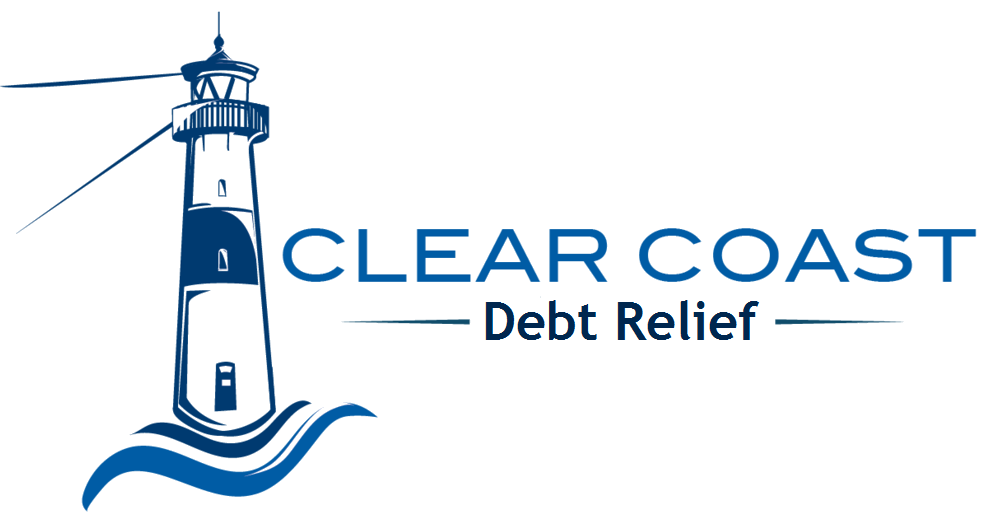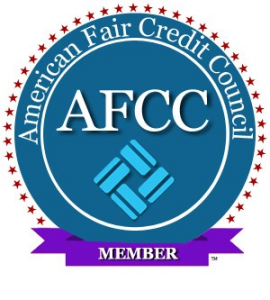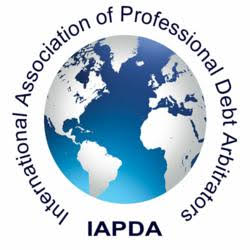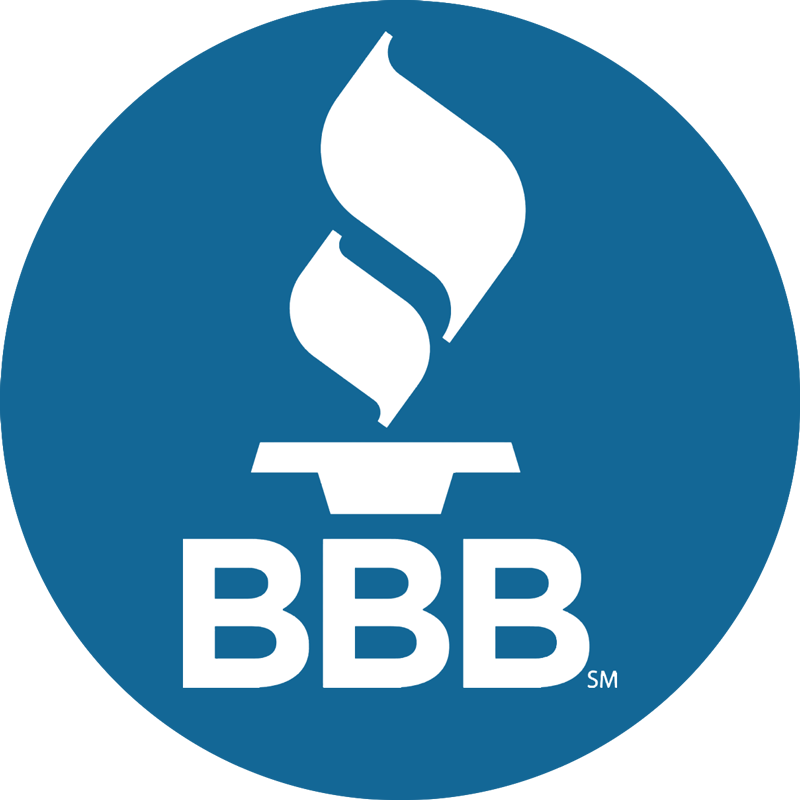We’ve all missed a credit card payment at some point. Life gets busy and we forget, right? What if you’ve missed a few payments, your accounts are now past-due, and the credit card companies or collection agencies seem to call non-stop. Can they do this? Yes, technically they can per the card member agreement you signed with them when you opened the account, but they are not permitted to harass you! Most of us don’t read the fine print when we open a new credit card, but even those who pursue debt collection have laws to abide by. Let’s learn more about your rights if you are past due on payments!The Federal Trade Commission enforces The Fair Debt Collections Practice Act (FDCPA), which is the main federal law that governs debt collection practices and makes it illegal for debt collectors to use abusive, unfair or deceptive practices when attempting to collect debts. Many of us are unaware of our rights and don’t know that these types of practices are unlawful, and we CAN request that it be stopped.Here are some of the top questions regarding debt collection practices as outlined by the Federal Trade Commission at www.consumer.ftc.gov.
- What types of debts are covered?
Credit card debt, auto loans, medical bills, student loans, mortgage and other household debts are covered. Be aware that business debts are not covered under the FDCPA.
- Can debt collectors contact me any time or any place?
Debt collectors cannot contact you at inconvenient times or places. They are not permitted to contact you before 8 a.m. or after 9 p.m. unless you have agreed to it. Also, they are not allowed to contact you at work if you tell them that you’re not allowed to get calls there.
- How can I stop a debt collector from contacting me?
Through the terms of the loan agreement or credit card agreement you signed with your creditors, they can try to reach you by phone, mail, email or text messages.
- What are debt collectors not allowed to do?
They cannot harass you, such as:
- Threaten you with violence
- Use obscene or profane language
- Repeatedly use the phone to annoy you
They cannot lie, such as:
- Misrepresent the amount you owe
- Represent themselves as an attorney or government official if they are not
- Falsely claim you’ll be arrested, or legal action will be taken against you if it is not true
- What should I do if I’m sued by a debt collector?
Respond by the date specified, either personally or through your attorney, to any lawsuits filed against you. This will keep your rights intact.
- Where do I report a debt collector for an alleged violation?
If you’ve suffered from abusive creditor practices, you can file a complaint through the Federal Trade Commission (FTC), either by calling them toll-free or completing an online form, and your complaint will be taken seriously. You can also contact your state attorney general’s office or contact the Consumer Financial Protection Bureau (CFPB). This is the U.S. Government Agency that makes sure banks, lenders and other financial companies treat you fairly. Depending on how many accounts you have that are past due, creditor calls can seem overwhelming, and keep in mind, while they are permitted to attempt to collect on the past due debt, they are not permitted to harass you. You can read more about your rights at www.consumer.ftc.gov and print out reference sheets.In addition to helping clients successfully become debt free since 2006,Clear Coast Debt Relief provides a service to help redirect creditor calls and correspondence. Not only does this minimize collection efforts to the client, but it allows Clear Coast Debt Relief’ negotiators to better monitor the progression of the debt and to aid in the mutually beneficial negotiation process with creditors. Clear Coast Debt Relief offers a legal protection plan that clients may add to their debt relief program. Remember, creditors have the right to enforce your signed agreement with them, for example increase rates, charge fees, collect on the debt through a standard collection process or pursue you legally for repayment. If you go into legal collection status, your debt will settle, but it requires a different process. The legal plan offered by Clear Coast Debt Relief provides direct council in your state and would handle summons, demands, interrogatories, counter claims, court representation (which is extremely rare in debt collection) and enforces the Fair Debt Collection Practices Act that was mentioned above. The client need only follow their recommended program as outlined by Clear Coast Debt Relief while their highly skilled negotiators work with the creditors, no matter the status of the debt.If you are struggling with credit card debt, think you may start to fall behind on payments or going through a financial hardship and you don’t know what options you have, call Clear Coast Debt Relief at 866-837-0095! You will receive a professional debt consultation at absolutely no charge. Get educated on your options for living debt free!





Nice Read